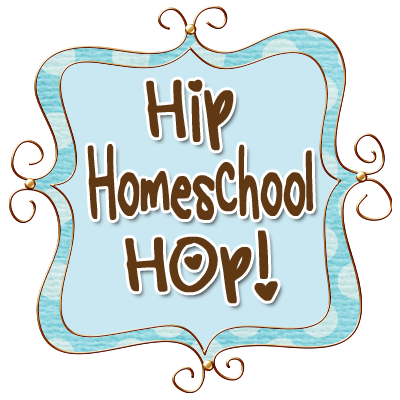Define: Science
- The word science comes from the Latin "scientia," meaning knowledge especially knowledge based on reproducible data.
- Science is the systematic knowledge of the physical or material world gained through observation and experimentation.
For us
Sir N will be eight years old in a weeks time and for us Science is all about discovery and fun. Personally I am not a hands on learner but he is which has proven to be a little bit of a challenge. In order to meet his need of hands on learning I have been actively seeking opportunities to join others on science adventures, even when that means traveling a 140 km round trip. This year we have gone across town and played in a science lab and learned about static electricity and cold ice.
I have been teaching science using Sonlight - Exploring the wonders of God's World using living books.
- Science P4/5 Discover the way things work in God's world
- Science A Biology, Botany, and Physics
- Science B Animals, Astronomy, and Physics
- Science C Geology, Meteorology, and Mechanical Technology
- Science D Biology, Taxonomy, and Human Anatomy
- Science E Electricity, Magnetism, and Astronomy
- Science F Health, Medicine, and Human Anatomy (This was our favourite year)
- Science G Geology, Physics, and Origins
Nature Study
Each family needs to find their own personal flavor in studying science in the younger years. For us I have been blessed because Paul's passion is all things nature and he generously shares his knowledge with our children. He has the most amazing instagram
Instagram @Servalpaul
The more I learn about Delight Directed education the more I realize that science is about enjoying and appreciating the world around us. In order to do this more formally I would really like to do a lot more Nature Journaling at home.
 |
| Resources to help you start Nature Journaling |
Resources to teach science at home
- Nature Journaling
- Handbook of Nature Study by Anna Botsford Comstock
- Usborne Science Books
- Noeo Science
- Sonlight
- Science suggestions for what to teach by grade over at Simply Charlotte Mason
- Apologia Science books
- Fizzics Education over 100 FREE Science Experiments and project ideas
- Pinterest Science
Science in Highschool
"Can I teach
high school science?
NO
As your student gets older,
your role changes from
teacher to fellow learner."
You can read my thoughs on science in the high school years in my Homeschool High School Post.
Be encouraged Science is not as big as we make it in our thinking and we do not need to feel that only professionally trained teachers can teach science. As home schoolers we can learn and discover alongside our children. Have fun read some living books and try some science in your kitchen!
Blessings
Chareen
This week
- Bernadette takes a look at Scientifically Speaking and encourages a hands on approach.
- Julie encourages us on Creating Your Own Science Curriculum
- Hwee shares some thoughts on Science in Our Home. and how their learning has changed over the years.
- Savannah discusses Science with My Scalliwags and how they do science without a formal curriculum.
- Lucinda ponders How To Make Sure Science Gets Done When You’re Not Using A Curriculum
- Nicole says The Epic Failure that Wasn't shares some thoughts on how there is more to science than a curriculum.
- Erin speaks on Kindling & Fanning Scientific Minds and how to keep the interest alive and growing.
---ooOoo---
Linking with







Sounds like a great plan!
ReplyDeleteSo nodding away and agreeing with you here.
ReplyDelete:)
DeleteThank you so much for this post! I love the resources you listed. I pinned this to my Homeschool Science board. :)
ReplyDelete